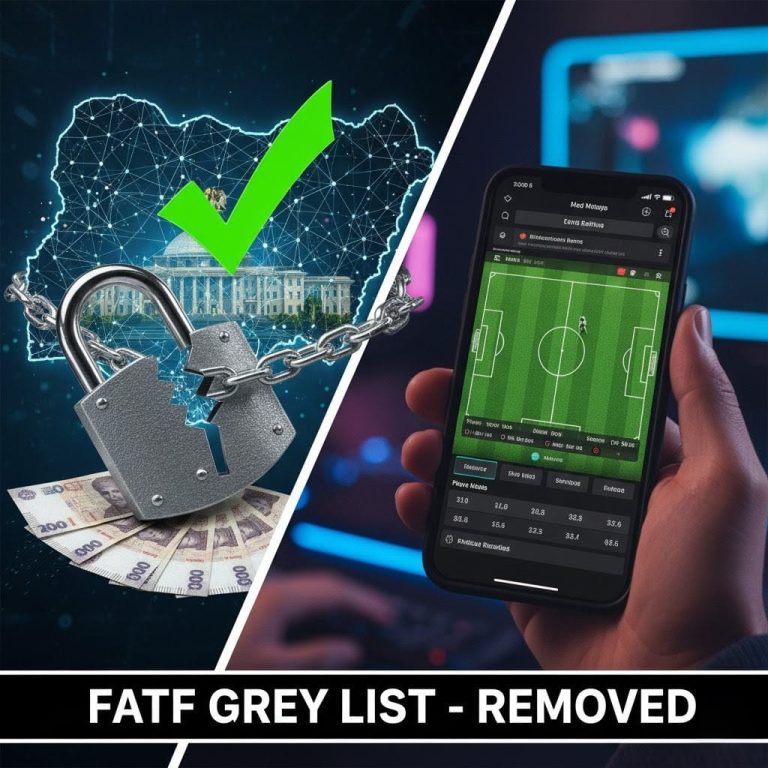Nigeria’s removal from the Financial Action Task Force (FATF) grey list in October 2025 marks a major milestone for the country’s financial reputation — and a turning point for its gaming sector.

When Nigeria was placed on the list in February 2023, it signaled weak controls against money laundering and terrorist financing. The designation quickly dampened investor confidence, strained banking relationships, and slowed payment integrations for gaming operators. Even legitimate firms were caught in a wave of global caution.
In response, the Economic and Financial Crimes Commission (EFCC), the Nigerian Financial Intelligence Unit (NFIU), and industry associations launched intensive compliance programs. These initiatives strengthened Know-Your-Customer (KYC) systems, record-keeping, and ownership transparency — key areas that helped Nigeria meet FATF’s reform targets.

The delisting now offers relief and renewed opportunity. Gaming companies can expect smoother transactions with banks, faster payment processing, and revived interest from foreign investors. Yet, experts warn that the removal is not a license to relax. FATF’s decision acknowledges progress, not perfection — and the sector remains vulnerable to illicit finance risks through microtransactions, cross-border betting, and digital wallets.
For regulators, this moment is a call to action. State gaming boards, operating under the Federation of State Gaming Regulators of Nigeria (FSGRN), must strengthen coordination, unify reporting standards, and enforce consistent anti–money laundering (AML) measures nationwide.
For operators, sustained vigilance is crucial: investing in compliance technology, maintaining transparent governance, and collaborating with regulators will ensure long-term trust.

Nigeria’s exit from the grey list is a recognition of progress — but the real test lies in maintaining integrity as the industry grows.




